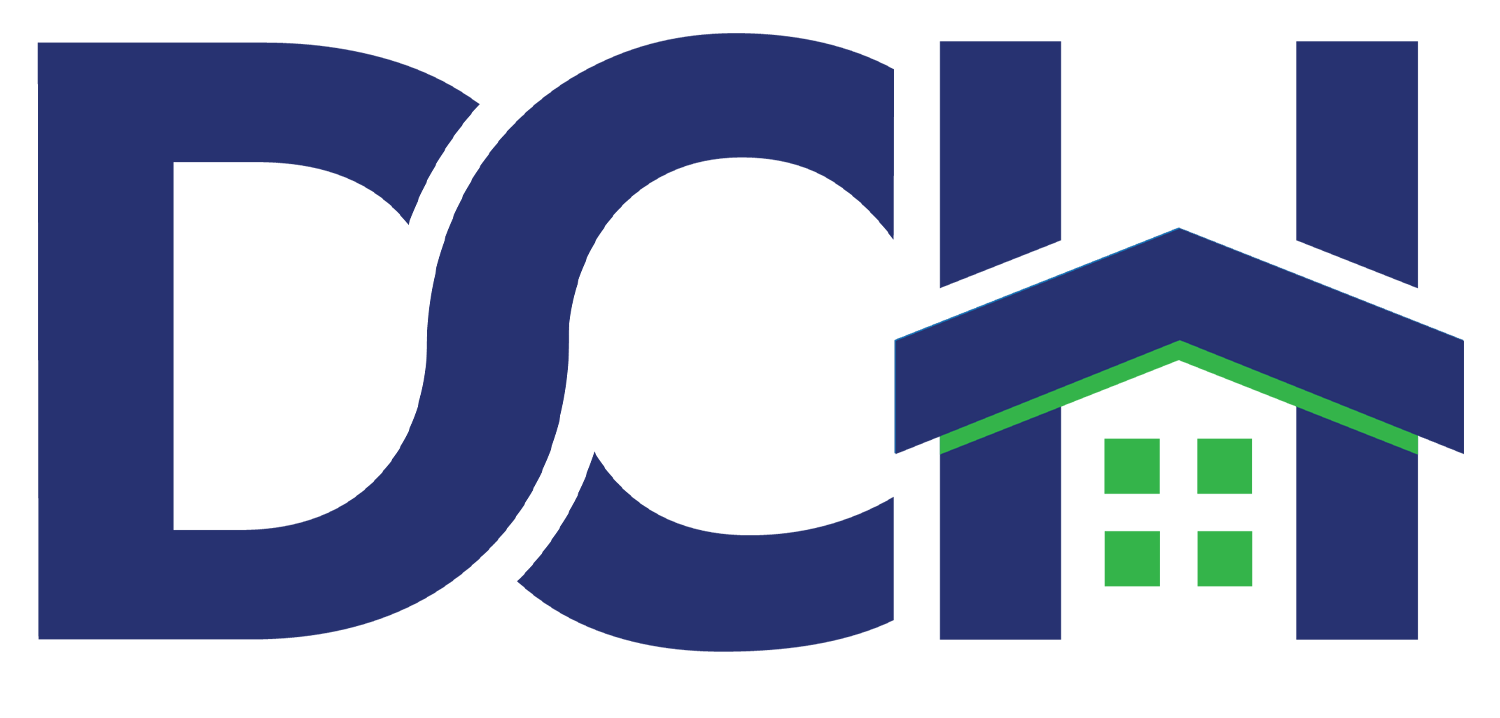How State, Federal and Non Profit Cooperations Can Make Housing More Affordable
As housing is increasingly constricted, due to supply chain shortages, and shortages existing prior to the Covid 19 Pandemic, federal agencies, state agencies, municipal agencies will need to work in concert to find and apply equitable housing solutions. As Dallas, in particular, buckles under housing pressures on both middle-class and vulnerable populations, these efforts between state-elected agencies, federal agencies, and nonprofit organizations is even more crucial. By leveraging resources, regulatory power, and local influences, these entities can work collaboratively to alleviate the housing challenges, however it is not so clean cut. Let DCH explore and explain.
State-Elected Agencies
State-elected agencies develop and implement policies that promote affordable housing initiatives, provide financial assistance, and offer programs to stimulate homeownership. They collaborate with local municipalities to identify areas in need of housing development and allocate resources accordingly. They also streamline regulatory processes to expedite construction, making it easier for developers to create affordable housing options. State-elected agencies partner with federal agencies to secure additional funding and resources to support their local initiatives.
Federal Agencies
Federal agencies complement the state-elected efforts through provision of financial support and implementing nationwide housing programs. Agencies such as the Department of Housing and Urban Development (HUD) administer grants, subsidies, and loan programs and HUD also works closely with state and local entities to ensure compliance with fair housing laws and regulations. One of the most important function of federal agencies, beyond assistance, is regulation. Non profits and activists can use federal agencies to help enforce the equitable development initiatives and to dissuade unfair development practices.
Nonprofit Organizations:
Nonprofit organizations work in different ways to support neighborhoods and populations that are most susceptible to housing pressure. Organizations, like DCH, specialize in promoting affordable housing initiatives and provide valuable resources, including financial and job counseling, financial assistance, and rental subsidies. Through leveraging community partnerships and volunteers, non profits offer a range of supportive services, including homebuyer education programs. Nonprofits also advocate for policies and legislation that promote affordable housing options and work to eliminate barriers that prevent middle-class individuals from accessing stable housing.
Addressing housing pressures in Dallas requires a collective effort involving state-elected agencies, federal agencies, and nonprofit organizations. By collaborating with state-elected and federal agencies, nonprofits can amplify their impact and extend their reach to benefit more families in need. DCH works with local partners, community leaders, and federal and state agencies in its’ development of new housing. Will you join DCH in working to alleviate housing pressure?

